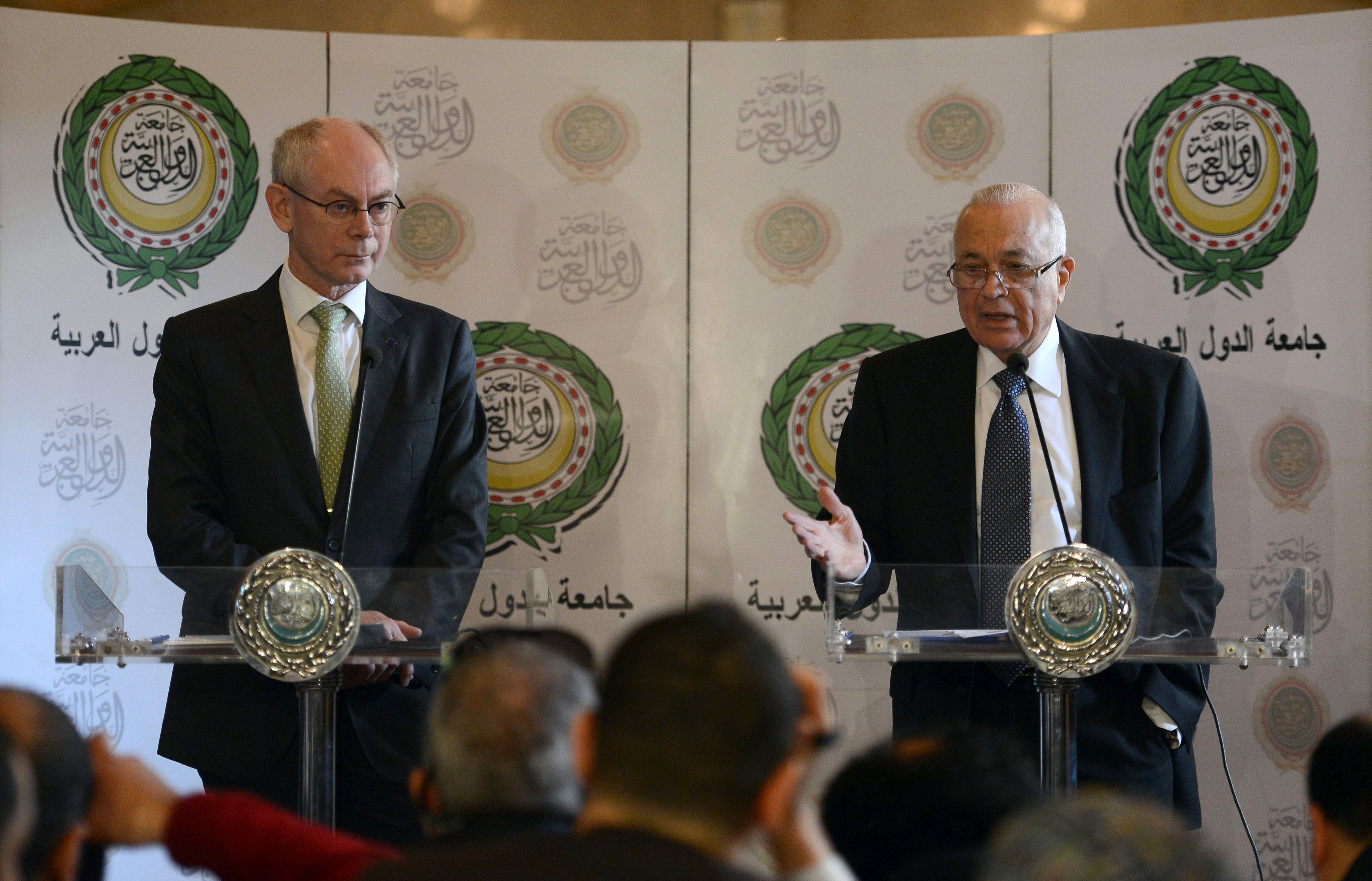Egypt’s Prime Minister Mostafa Madbouly attended the fourth annual Nuclear Energy Day celebration in Egypt’s New Administrative Capital, representing President Abdel Fattah Al-Sisi. The event, hosted by the Egyptian Nuclear Power Plants Authority (NPP), focused on the progress of the Dabaa nuclear power plant project, a collaboration with Russia’s Rosatom.
Several ministers attended, including Minister of Electricity and Renewable Energy Mahmoud Essmat, Minister of Manpower Mohamed Saafan, and Minister of Petroleum and Mineral Resources Karim Badawi. Also present were NPP Authority Chairman Amgad El-Wakeel, Head of the Nuclear Materials Authority Hamed Mire, and Alexey Likhachev, First Deputy CEO of Rosatom.
A documentary highlighted the NPP Authority’s work on the Dabaa plant, and a live demonstration showcased the completed installation of the reactor core catcher for the plant’s fourth unit. This marks the completion of core catcher installation for all four units and was described as the first installation of long-term nuclear equipment at the Dabaa plant.
In his address, Madbouly conveyed President Al-Sisi’s greetings and appreciation for the project. “I am delighted to participate on behalf of His Excellency the President in the fourth annual Nuclear Energy Day event,” Madbouly said. “I extend my sincere thanks and appreciation to the President, Chairman of the Supreme Council for Peaceful Uses of Nuclear Energy, for his patronage of this event and his continuous support for the Dabaa nuclear power plant project.”
He thanked Minister Essmat for his focus on nuclear energy and congratulated those working in the sector and the Egyptian people. Madbouly stressed the importance of nuclear energy in achieving the Sustainable Development Goals (SDGs) outlined in Egypt’s Vision 2030, emphasizing its role in economic, social, and environmental progress.
“The current global energy crisis underscores the validity of Egypt’s energy vision and strategy regarding energy diversification,” Madbouly stated. “Our institutions, guided by wise political leadership, are capable of anticipating the future of energy globally, enhancing Egypt’s global standing and regional and international influence. Vision 2030 prioritizes addressing climate change through a sustainable ecosystem that enhances resilience and the ability to cope with natural hazards.”
Madbouly explained that Vision 2030 aims to balance development and environmental protection, including tackling climate change, strengthening ecosystem resilience, increasing reliance on renewable energy, and adopting sustainable consumption and production patterns.
“Nuclear energy and its peaceful uses play a pivotal role in implementing the Sustainable Development Goals,” Madbouly said. “It’s crucial for providing the energy and water needed for sustainable development in Egypt, and a key pillar for achieving environmental sustainability. It’s clean energy with no carbon emissions, significantly contributing to tackling global warming and climate change.”
He described the Dabaa plant as embodying the three dimensions of sustainable development, contributing to improved quality of life and solidifying Egypt’s leading role. He referenced the earlier pouring of the first concrete for the fourth unit, attended virtually by President El-Sisi and Russian President Vladimir Putin, and the recent completion of the reactor core catcher installation.
“I extend my thanks to all those working at the Egyptian Nuclear Power Plants Authority for their hard work and dedication in making the dream of a nuclear power plant a reality,” Madbouly concluded.




